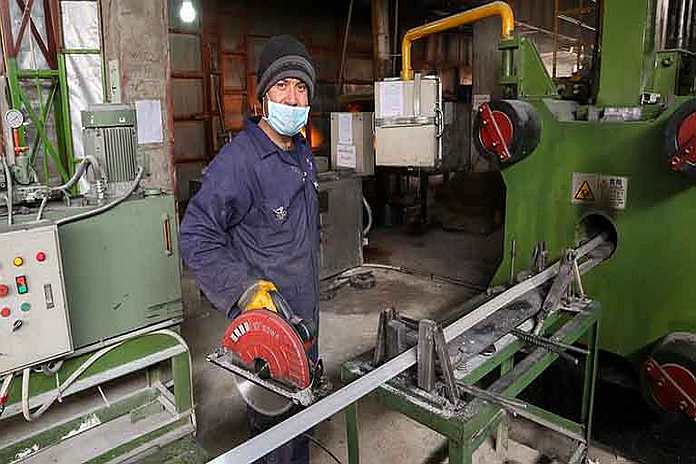By Mario Berrios
Small and medium-sized enterprises (SMEs) and their employees are an essential part of the social and economic fabric of daily life worldwide. This vital role is now under threat from the unprecedented effects of COVID-19. We face the real prospect that a global recession becomes a depression.
In this situation, controlling the pandemic, maintaining workers’ incomes and minimizing the long-term costs of collapsing businesses are essential. Much action is underway, but more ambitious programmes and international assistance to developing countries are urgently needed.
Interventions should start with clarity on the top priority; that is, treating the infected persons and controlling COVID-19 infection curves. The response should recognize the temporary nature of the shock. Measures should be at both the micro and macro levels, with consistent and complementary goals, backed by solid monitoring, so that they can be maintained, adjusted, or phased out as appropriate. Use of resources should be maximized, beyond the usual parameters.
Different aspects of the crisis require different actions. The main phases are; (1) generalized inactivity due to the halt of economic and social activities, to prevent the virus spreading. (2) Reactivation of business activity once the virus spread is under control. (3) Recovery to pre-crisis conditions. The duration of each phase is and will remain uncertain and the timing to support workers, firms and households should, therefore, remain flexible.
Both formal and informal economic units would require significant support. This is an opportunity for all economic units to emerge from the shock and become part of a better integrated and accommodative market economy. The fundamental need is to support entire economic systems; the ways to reach informal units vary from country to country and data availability.
Combining strong government capacity, tripartite dialogue, and joint implementation with local and sectoral players will be essential, to allow for action that utilizes clear information, coherence, and efficiency. To ensure rapid responses, announced programmes should be communicated with as much detail as possible, using existing social and economic mechanisms.
There is consensus that there will be huge, unavoidable, economic costs and a significant increase in public debt will be needed to absorb an important part of the loss of income.
The challenge is to contain as far as possible the widespread defaults that could lead to a prolonged global depression. Mario Draghi (the Italian economist who served as president of the European Central Bank until 2019) reminds us that higher public debt levels will become a permanent feature of our economies, accompanied by some degree of private debt cancellation if jobs and productive capacity are to be maintained. The crisis requires clear funding instruments, in the form of either large stabilization or emergency funds, integrating the different initiatives into a coherent strategy with clear goals.
Firms’ most urgent requirement is to access cash and reduce operating costs. These critical needs can be supported with measures such as emergency interest-free loans or cash grants and suspending or deferring the payment of fixed operating costs. Bureaucratic requirements on business activity should be minimized.
Monetary policy is already making major contributions and a solid, coordinated, strategy involving monetary and financial sector policies and private banks’ participation is essential.
Although the banking sector is entering the crisis with sufficient capital requirements, financial sector fragility can arise from large levels of public and private debt. Under current conditions, we have to face the necessity of different options for debt resolution and restructuring, and for some debt, the possibility of write-offs and re-conversion to long-term, low-interest, loans. For the smallest economic units, new programmes to channel microcredits through micro-financial operators should have ambitious aims, but supervision and support are key as microfinance institutions can face large defaults in their portfolios.
Helping firms retain staff is crucial. Grants to support wages, training, productivity improvements and the development of new products and services can help avoid layoffs. At the local level, assessment programmes can help firms understand local conditions, and link to production and business networks more effectively. Digital platforms can be particularly effective in collating information and data to give a better picture of local markets.
Our experiences with COVID-19 can have a positive legacy if we use it to help firms review their productivity and use of technology, and update management practices and procedures. If the right business environment is nurtured, the COVID-19 shock could create new opportunities. The challenge is immense but so should be our commitment to respond.
Mario Berrios, SME Unit, Enterprises Department






